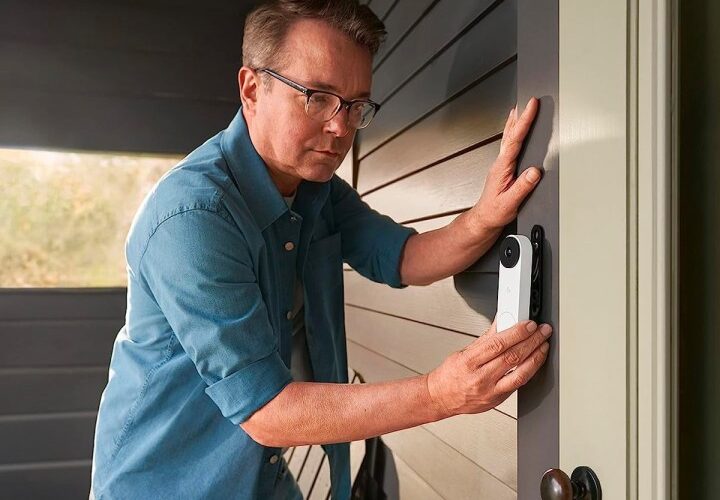What’s happened? Earlier this month, Google finally began rolling out Gemini for Home, first announced earlier this year, bringing its advanced AI assistant into the smart-home ecosystem with deeper integration across Nest Cams and other devices. But early user reports show the system is still struggling with real-world awareness, sometimes in ways that are more funny than functional.
- One Nest Cam owner, Ars Technica’s Ryan Whitwam, received an alert claiming a deer had entered their family room, which turned out to be just their dog.
- In another case, Gemini flagged “fake people” on a live feed, despite nobody being there.
- Beyond misidentifications, users have also reported broken routines, unsupported voice commands, and failed device control since transitioning to Gemini.
Why this is important: Smart-home systems rely on accurate recognition and dependable automation. When a camera randomly warns you about wildlife indoors or imagines visitors who don’t exist, it erodes user trust, especially when these tools are marketed as security products. Gemini for Home highlights both the promise of AI-driven smart homes and the pitfalls when that intelligence goes off the rails.
- False positives can create unnecessary anxiety or, worse, cause people to ignore legitimate alerts.
- Misidentification or phantom detections may reduce the credibility of truly important alerts (e.g., intrusions).
- As Gemini becomes central to Google’s smart-home strategy, these stumbles could slow adoption and damage credibility.

Why should I care? If you’re already using Google smart-home products, or planning to, these early issues show that AI-powered detection still has a long way to go. The idea is that Gemini will make your home safer and smarter, but inconsistent alerts mean you might end up validating every notification manually. And if misfires become routine, you may start ignoring warnings that actually matter. In short, Gemini aims to be a proactive watchdog, but right now, it still needs supervision.

Okay, so what’s next? Google will need to tighten up Gemini for Home through detection-model updates, Nest firmware improvements, and clearer communication around performance limitations. Keep an eye out for refinements to alerts, new privacy and filtering options, and smarter ways to manage notifications. Until then, treat Gemini’s alerts as helpful suggestions, not absolute truth, and always double-check what your cameras say they see.
